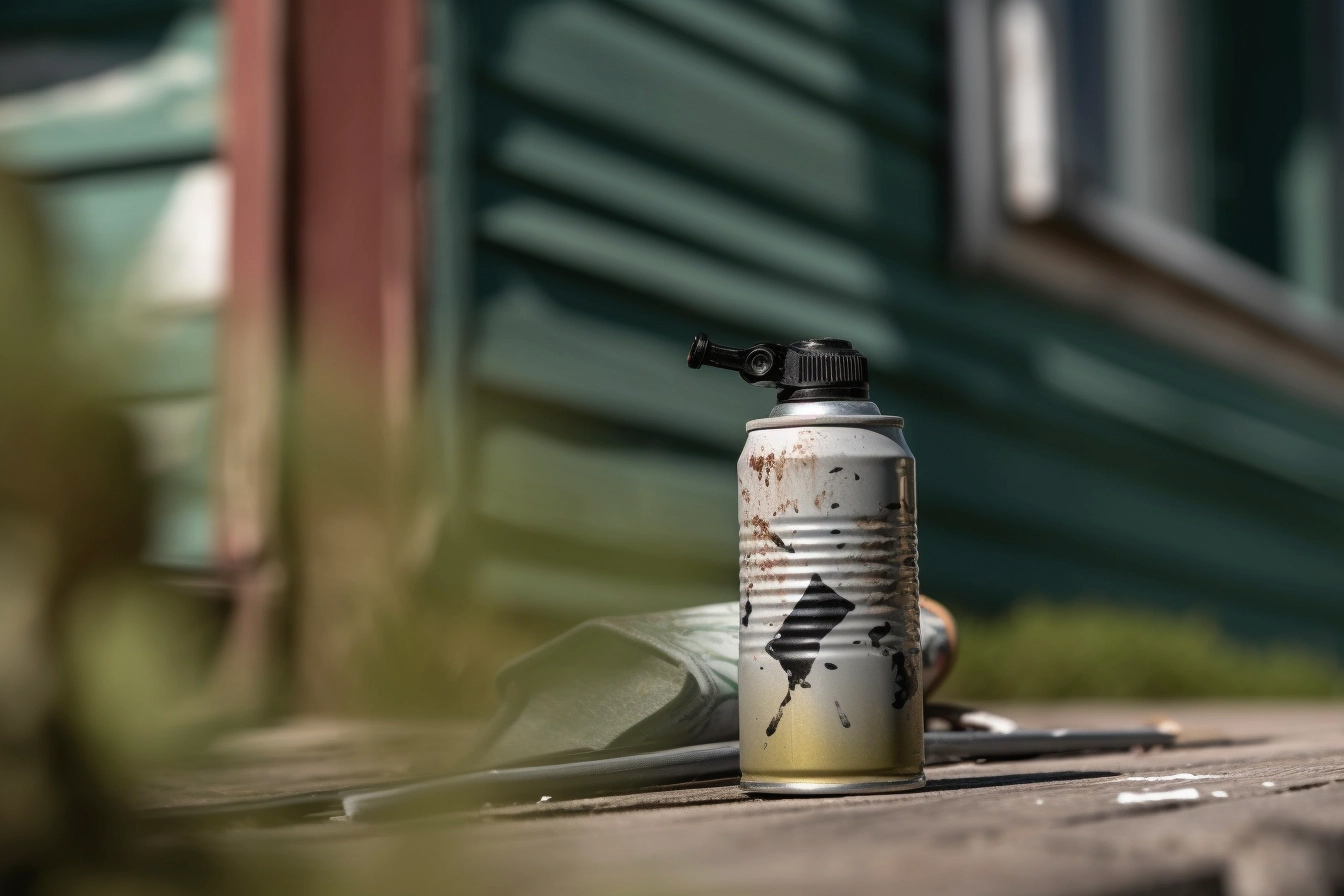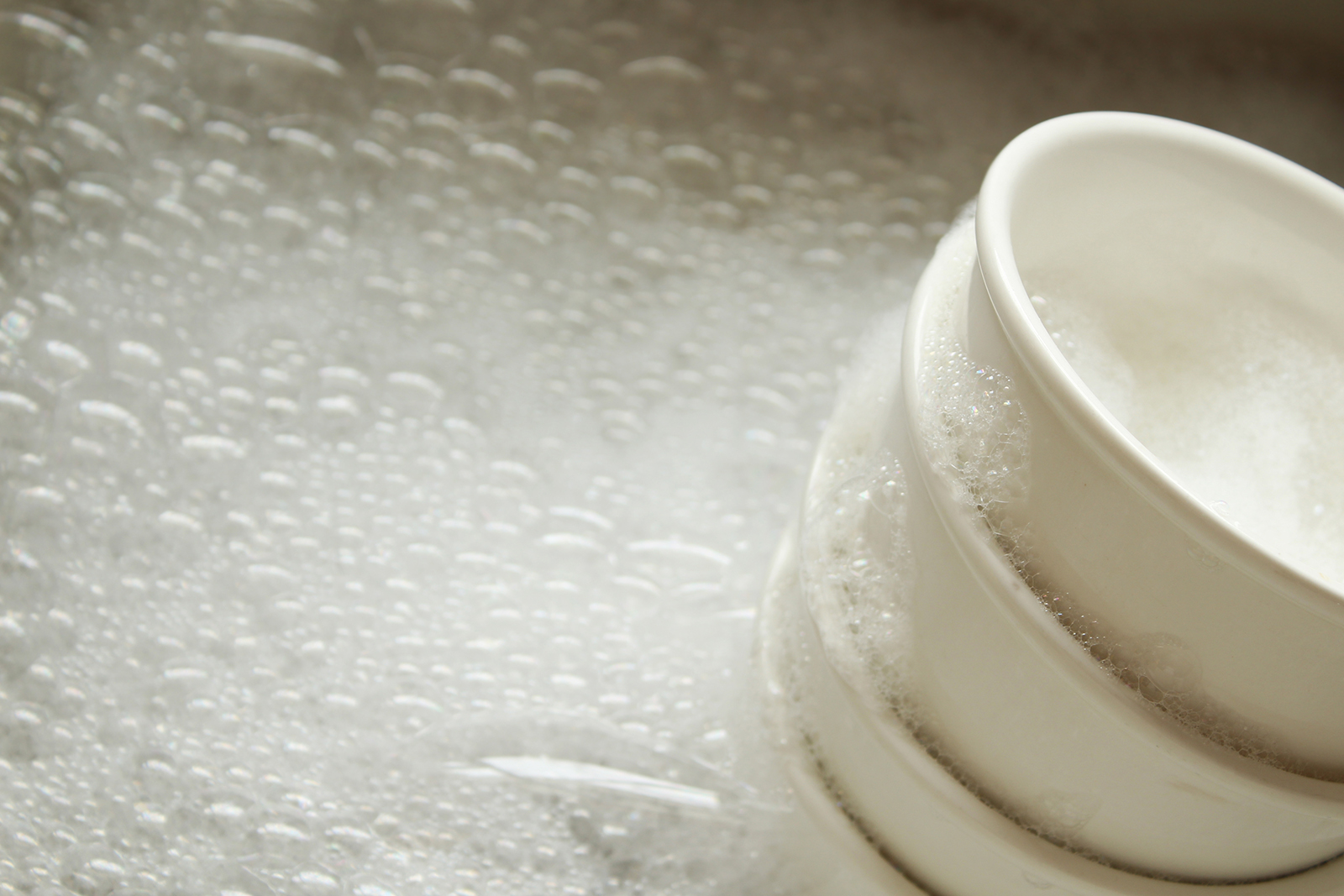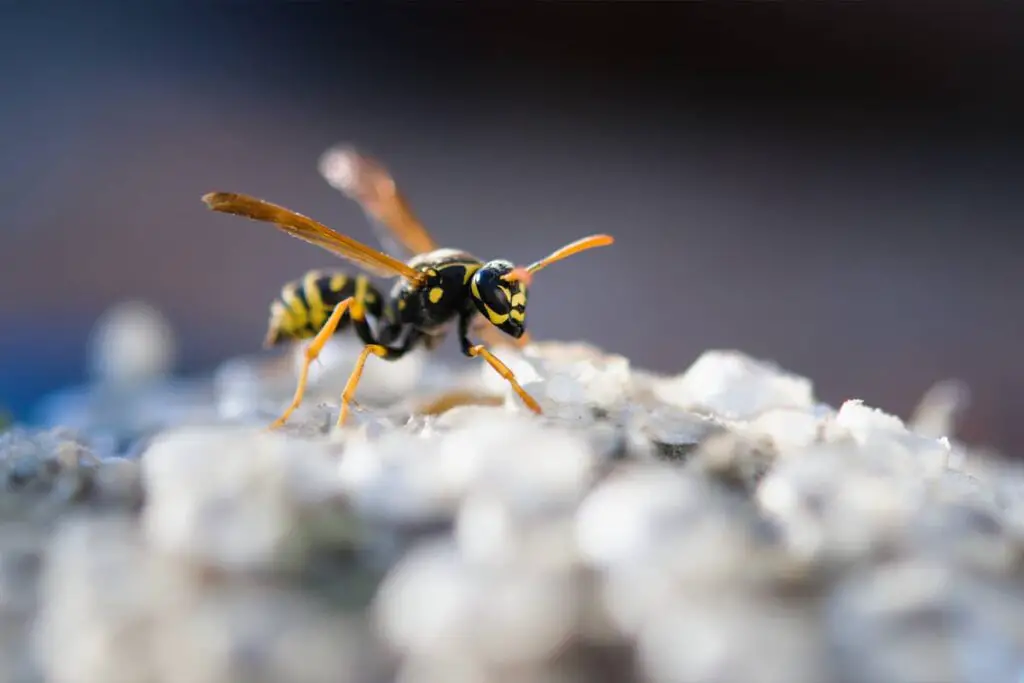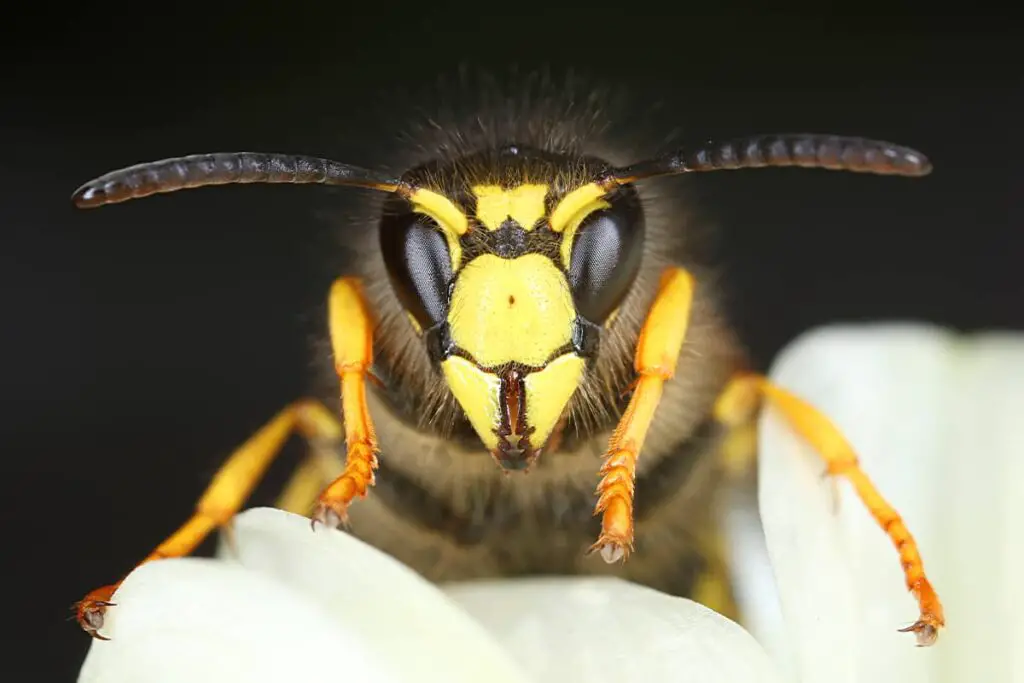
When it comes to dealing with wasps, finding an effective method to eliminate these pesky insects can make all the difference in maintaining peace and safety at home. One unconventional solution I came across is using brake cleaner to kill wasps. At first, it might seem questionable, but it turns out there is some truth to this approach.
Brake cleaner is known to be effective against wasps and other insects because the toxic chemicals within these cleaners are harmful to both humans and insects. When used properly, these chemicals can coat the exterior of the wasps, cutting off their ability to breathe and killing them quickly.
Of course, it’s essential to handle brake cleaner with care and proceed with caution to avoid potential harm to oneself and others.
Using brake cleaner can be an effective method for killing wasps as long as it is done with proper protection and preparation. This includes having an escape route ready when tackling this project to ensure personal safety. While it may not be the most conventional solution, it’s one worth considering when dealing with a persistent wasp problem.
What Are Wasps and Why Do We Need to Kill Them?
Types of Wasps
Wasps are insects belonging to the order Hymenoptera and are found all around the world. There are over 30,000 known species of wasps, and they can be categorized into two main types: social wasps and solitary wasps. Social wasps, as the name suggests, live in large colonies and include species such as yellow jackets, hornets, and paper wasps. On the other hand, solitary wasps, like mud dauber wasps and potter wasps, live alone and hardly interact with other wasps.
Social wasps are the ones we generally encounter as pests. They build nests near or in our homes, whereas solitary wasps are rarely seen as nuisances since they don’t form colonies and are less aggressive.
Problems Caused by Wasps
The following are some problems caused by wasps:
- Stings: I must emphasize that wasp stings can be painful and, in extreme cases, lead to severe allergic reactions. Unlike bees, wasps can sting multiple times, and they can become very aggressive if they feel threatened or if their nest is disturbed.
- Damage to structures: Some species, such as paper wasps, build their nests using wood fibers they chew up and mix with their saliva. This can cause damage to wooden structures in our homes and other buildings.
- Predation on beneficial insects: Wasps can disrupt the ecosystem by preying on beneficial insects like bees, which are crucial for pollination. Wasps are known to kill bees and their larvae for protein, robbing hives of honey and consuming a significant amount of available honeydew, a food source for bees.
Given the problems caused by wasps, especially the aggressive social wasps, it sometimes becomes necessary to eliminate them when they pose a threat to our well-being or property. One unconventional method is to use brake cleaner. This substance will clogs the pores of the wasps and kill them almost immediately, making it an effective way to tackle an infestation.
It’s essential to be careful and consider the environmental impact when using chemicals like brake cleaner to kill wasps. Always look for alternative methods, such as soapy water or professional pest control services, before resorting to such measures. Remember that some wasps can be beneficial for controlling other pests and should be appreciated for the important role they play in the ecosystem.
Understanding Brake Cleaner and Its Effectiveness Against Wasps
Brake Cleaner Ingredients
Brake cleaner contains several powerful chemicals that make it effective in maintaining automobile brake systems. Some of the common ingredients include toxic chemicals such as chlorine, acetone, and aliphatic hydrocarbons. These chemicals are designed to remove grease, oil, and brake dust, but they are also lethal to many insects, including wasps.
Killing Mechanism
Brake cleaner’s effectiveness in killing wasps is due to its toxic ingredients. When they are sprayed with the substance they will drop out of the air almost instantly. This is because the chemicals in the cleaner make contact with the wasps’ exoskeleton, blocking the special holes called spiracles that the wasp uses to breathe. The toxic chemicals block their spiracles and the network of trachea responsible for breathing, which ultimately leads to their demise.
Another reason brake cleaner is effective at killing wasps is because it’s highly poisonous. The powerful chemicals can cause the wasps to become paralyzed, rendering them unable to fly or function, thus leading to their death. However, it’s important to remember that these chemicals are also harmful to humans and should be handled with caution.
In conclusion, while not a traditional method, brake cleaner has proven to be effective at killing wasps for me. Its toxic chemicals and ability to affect the wasps’ breathing and functionality make it an efficient and fast solution. I should always ensure to use it with care and respect for my own safety and the environment.
Recommended Methods for Killing Wasps
Wasp Spray
I’ve found that using a commercial wasp spray is an efficient way to eliminate these pests. Wasp sprays contain insecticides specifically designed to target wasps and hornets. When I need to take care of a wasp nest, I prefer to use a spray with a long range, as it allows me to maintain a safe distance while treating the nest. It’s essential to follow the instructions on the product label for effective and safe use.
Homemade Solutions
If I don’t have a commercial wasp spray at hand, I have sometimes resorted to a homemade solution. A popular and effective option is a mixture of dish soap and water in a spray bottle. To prepare it, I mix:
- 2 tablespoons of dish soap
- Fill the rest of the bottle with water
This solution works by breaking down the wax layer on the wasp’s exoskeleton, making it difficult for them to fly and potentially killing them. Another benefit of using homemade solutions is that they are usually more eco-friendly and significantly less toxic than commercial insecticides.

Professional Pest Control
In cases when I’m dealing with a large nest or infestation I always contact a professional pest control service. Exterminators have the knowledge and expertise to handle wasp infestations safely and effectively. They can also provide advice on how to prevent future infestations.
When choosing a pest control service, I always try to:
- Get recommendations from friends or neighbors
- Check online reviews
- Compare quotes from multiple companies
- Ensure the company is licensed and insured
- Ask about eco-friendly treatment options
Remember, safety should always come first when dealing with wasps. They can be aggressive and their stings can cause severe allergic reactions in some individuals. It’s imperative to take necessary precautions and contact a professional if the infestation is overwhelming or poses a significant threat.
Safety Measures and Protective Clothing
Handling Brake Cleaner
When using brake cleaner for any purpose, it’s important to ensure your safety by wearing appropriate protective gear. Given the corrosive nature of the chemicals found in brake cleaners, wearing gloves and long sleeves is highly recommended to prevent direct contact with the cleaner. Avoid exposing your skin to the substance and wear a mask to minimize the chances of inhaling any harmful fumes.
Brake cleaner is harmful to humans, so it’s best to use it outdoors or in a well-ventilated area. If you must use it indoors in some kind of last stand, taking additional precautions like wearing a respirator mask and ensuring proper ventilation should be all the more important.
You really shouldn’t be using brake cleaner indoors.
Dealing with Wasps
Dealing with wasps while using brake cleaner requires safety measures to avoid being harmed by both the wasps and the chemicals. Protective clothing is crucial when dealing with wasps, as they might become aggressive when threatened. Wear clothes that cover most of your body and try to remain calm if a wasp is flying nearby.
Before attempting to kill wasps with brake cleaner, it’s essential to confirm it is safe to use in the environment you are in. Never spray the brake cleaner on wasp nests located on or close to flammable materials or in areas where humans or pets may come into contact with the chemicals.
When spraying wasps, maintain a safe distance to minimize any risk of being stung or coming into direct contact with the brake cleaner. Additionally, spraying the wasps while they are in mid-flight can help prevent them from returning to their nests and help you to eradicate them effectively, but always be aware of what you’re aiming at and where you’re spraying toxic chemicals.
Speaking of which…
Environmental Impact and Considerations
Impact on Beneficial Insects
While brake cleaner is an effective wasp killer, it’s essential to consider its impact on the environment and other life forms. When using brake cleaner outdoors, one must be cautious because it can be harmful to bees and other beneficial insects. As a toxic substance, it may pose a threat to these helpful creatures if not used carefully.
In order to minimize the impact on beneficial insects, ensure that when spraying the brake cleaner, you avoid contact with plants and flowers that bees and other insects might visit. You should also be mindful of the wind direction to prevent the toxic fumes from drifting to unintended areas.
Safety for Human Exposure
As brake cleaner is dangerous and toxic, it’s crucial to think about your own safety and that of your family when choosing to use it to kill wasps. The fumes generated from brake cleaner can be harmful to your respiratory system, so you need to be cautious not to inhale them directly. To protect yourself you should:
- Wear gloves and long sleeves to prevent skin exposure
- Use a mask or other respiratory protection to reduce inhalation risk
- Ensure proper ventilation in the area where I am using the brake cleaner
Taking these precautions reduces the risk of harm to both yourself and the environment while effectively dealing with wasps.
Good luck.
Driven by a passion for those tiny creatures that rule our world, we at Bug Domain strive to be your go-to resource for information on insects.




